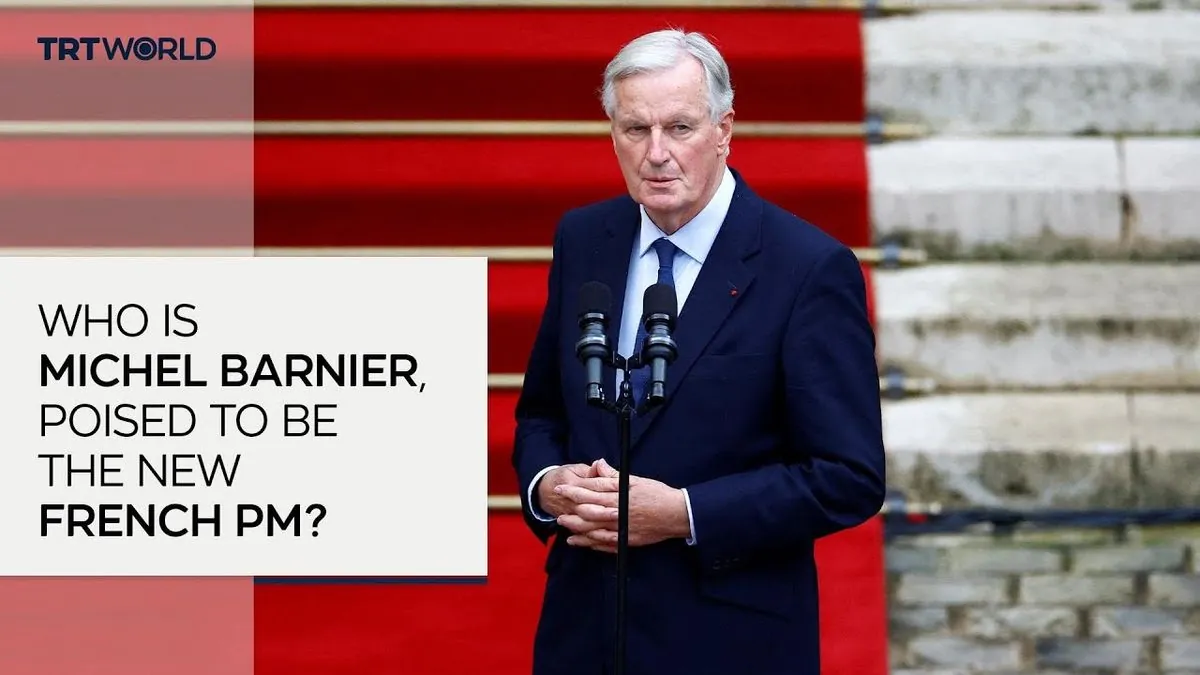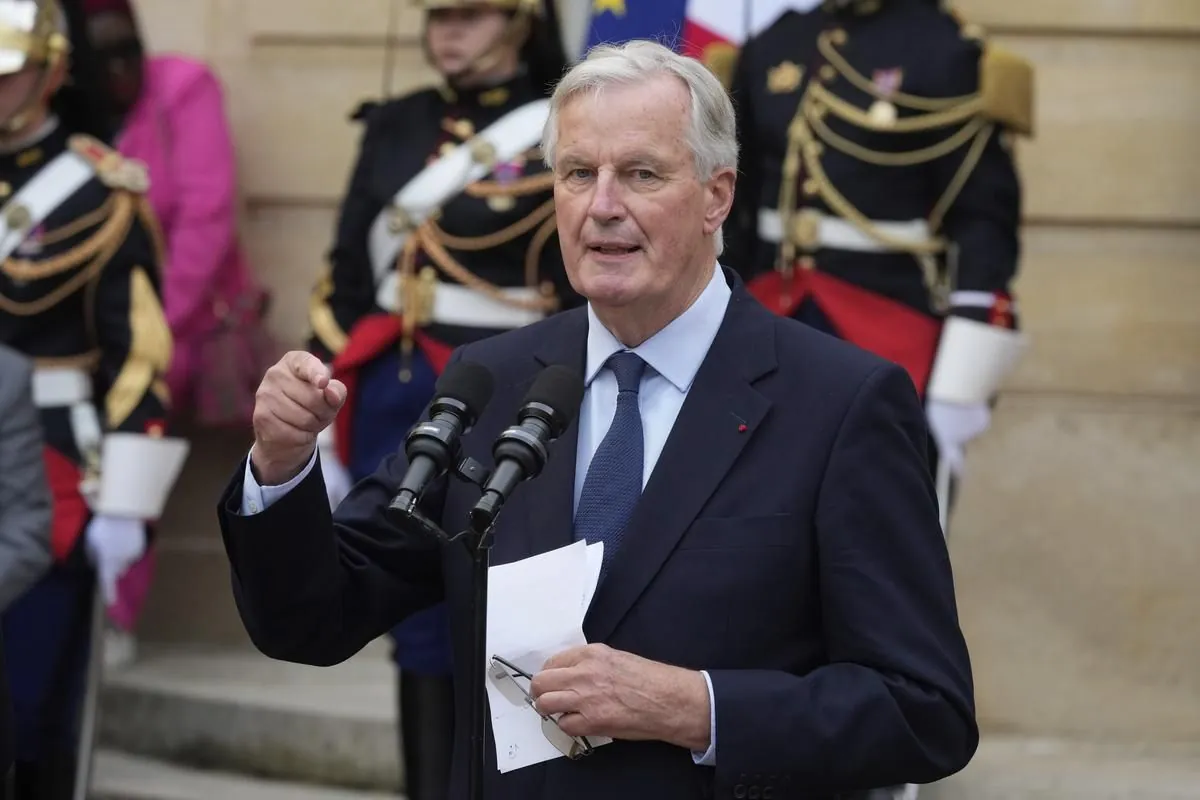France Seeks EU Deadline Extension Amid Budget Deficit Concerns
France requests more time to submit its deficit reduction plan to the EU, as budget concerns mount. New PM Michel Barnier faces challenges in forming government and preparing the 2025 budget amid political uncertainty.

France has requested an extension from the European Commission for submitting its deficit reduction plan, originally due on September 20, 2024. This move comes as the nation grapples with an unexpectedly high budget deficit for the current and upcoming year, according to a report by La Tribune du Dimanche citing the Finance Ministry.
The request for additional time aims to ensure coherence between the deficit reduction plan and the 2025 draft budget. This development highlights the financial challenges facing France, the second-largest economy in the Eurozone after Germany.
The deteriorating financial situation has placed Paris under EU disciplinary proceedings, adding pressure to the newly appointed Prime Minister Michel Barnier. At 73 years old, Barnier, a conservative and former Brexit negotiator for the European Union, faces the daunting task of forming a new government and preparing a budget by October 1, 2024, under the threat of a potential parliamentary vote of no-confidence.

Barnier acknowledged the difficulties ahead, stating on Saturday that he cannot perform miracles but aims to restore order to France's finances. This statement reflects the gravity of the situation, as France, one of the six founding members of the European Coal and Steel Community (the precursor to the EU) in 1951, now finds itself at odds with EU fiscal rules.
The financial shortfall presents Barnier's government with challenging choices between reducing spending and increasing taxes, or risking credibility with France's EU partners and financial markets. This dilemma is particularly significant given that France adopted the euro as its currency in 2002, further integrating its economy with the EU.
The political landscape adds another layer of complexity to the situation. The leftist New Popular Front (NFP) alliance and the far-right National Rally (RN) together hold a majority in parliament, potentially allowing them to oust the prime minister through a no-confidence vote if they choose to collaborate.
Marine Le Pen, leader of the National Rally since 2011, has positioned her party as a de facto kingmaker for the new government. Speaking at a public meeting in northern France, Le Pen stated:
"If in the coming weeks the French are forgotten or badly treated we won't hesitate to vote against the government."
This statement underscores the precarious position of Barnier's government and the need to address the concerns of the 11 million people who voted for the National Rally.
As France navigates these financial and political challenges, the outcome will have significant implications not only for the nation but also for the European Union as a whole. The situation highlights the delicate balance between national fiscal policies and EU regulations, a recurring theme since the establishment of the European Union in 1993 with the signing of the Maastricht Treaty.


































